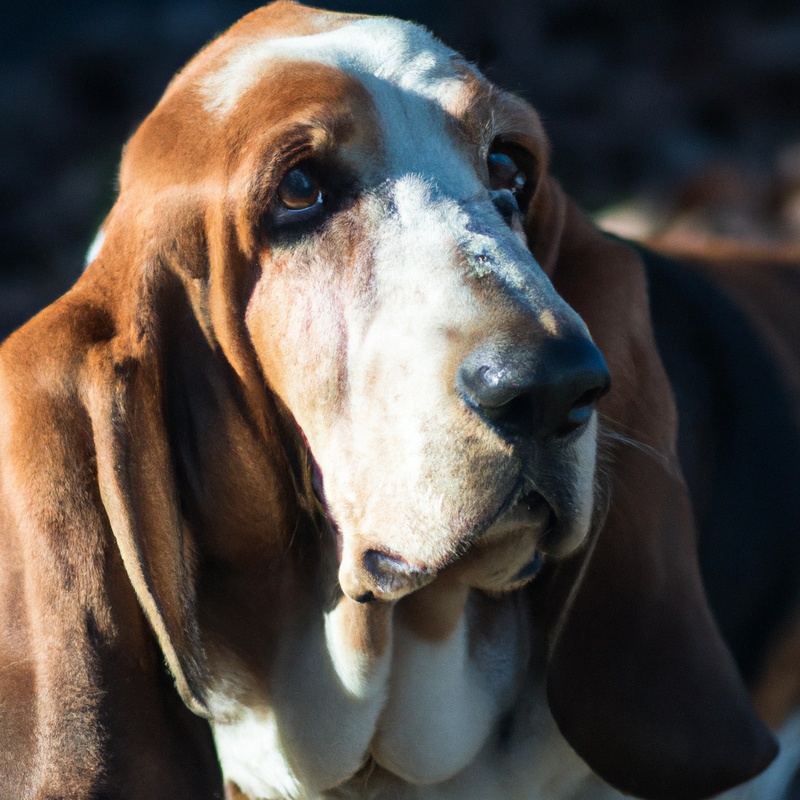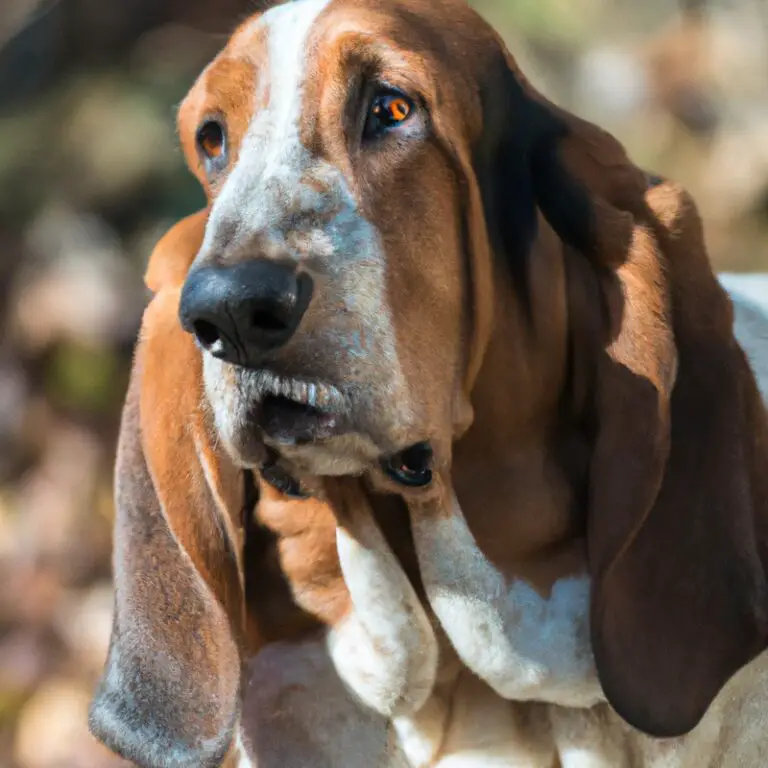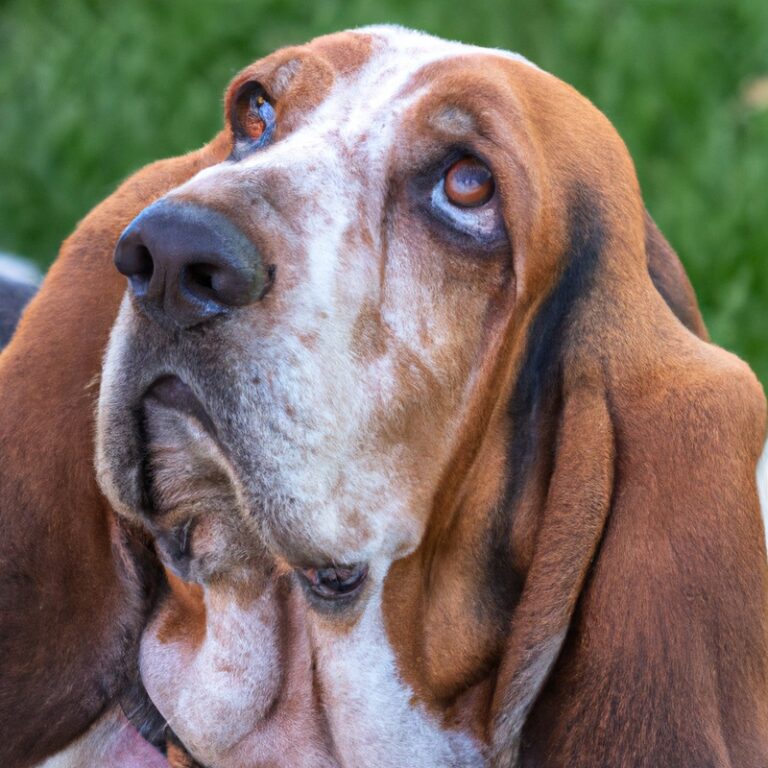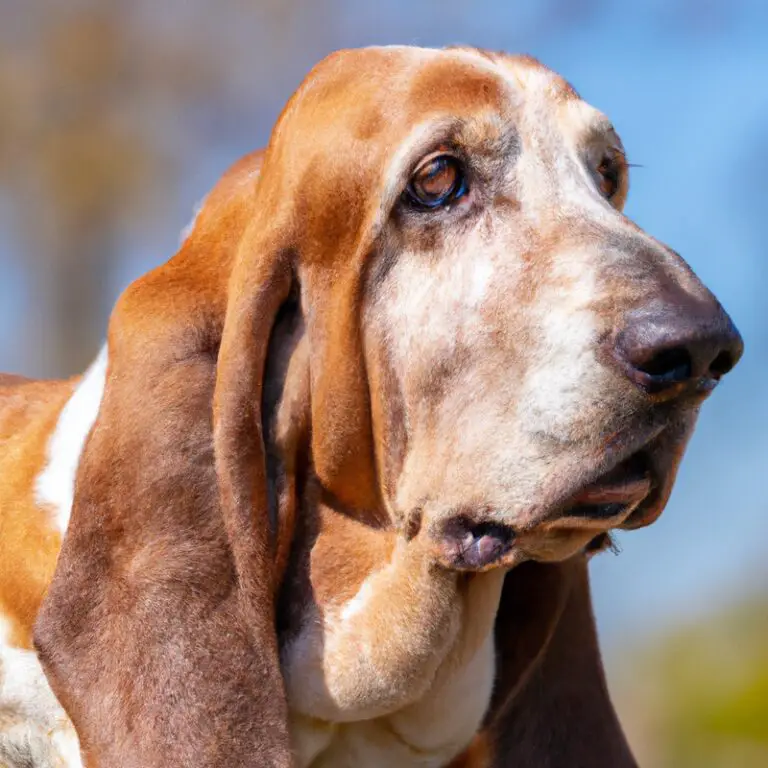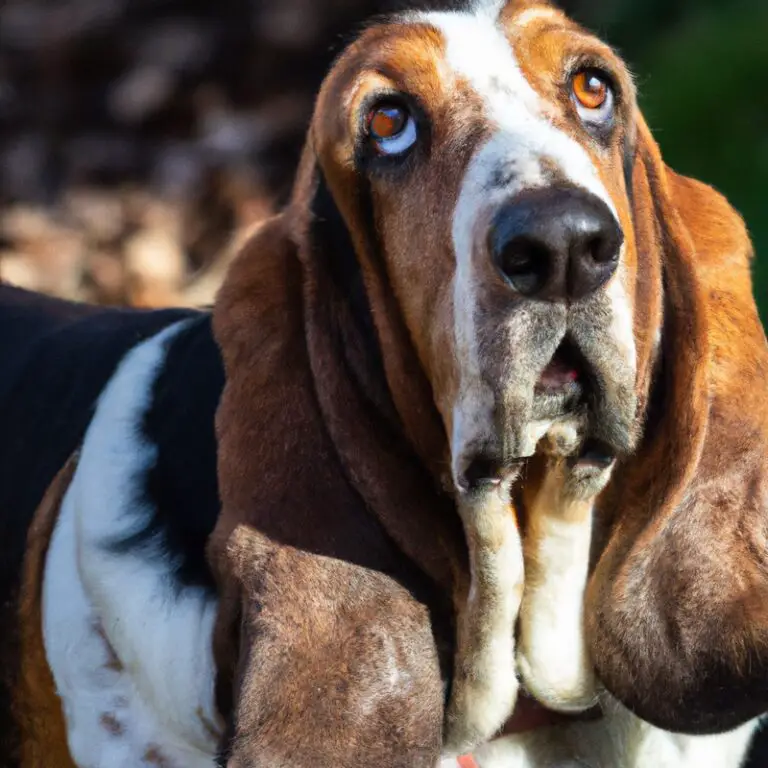Are Basset Hounds Prone To Toy Aggression?
Key Takeaways:
- Basset Hounds have a low tendency towards toy aggression compared to other breeds.
- While individual dogs may exhibit toy aggression, it is not a common trait in the Basset Hound breed.
- Early socialization and training can help minimize any potential toy aggression in Basset Hounds.
- Proper supervision and providing appropriate toys can also prevent or manage toy aggression in Basset Hounds.
Are Basset Hounds prone to toy aggression?
If you’ve ever owned or interacted with a Basset Hound, you may have noticed some interesting behaviors in relation to toys.
As a dog lover and expert, I understand the importance of addressing any aggression issues that may arise.
In this article, we’ll dive into the world of toy aggression and explore whether it’s a common trait among Basset Hounds.
We’ll discuss the definition of toy aggression, common causes, and delve into the specific characteristics and behaviors of Basset Hounds.
So, let’s find out if our beloved floppy-eared friends have a tendency towards toy aggression and what we can do about it.
Get ready to explore this fascinating topic and discover what makes Basset Hounds unique.
| Question | Are Basset Hounds prone to toy aggression? |
| Answer | Yes, Basset Hounds can be prone to toy aggression. |
What is toy aggression in dogs?
Definition of toy aggression
Toy aggression in dogs refers to a behavior where a dog displays possessive or aggressive behavior towards toys. This can manifest in various ways, such as growling, snapping, or guarding the toy fiercely.
The dog may become possessive over the toy and show signs of aggression when someone tries to take it away.
Toy aggression can be a concerning behavior that needs to be managed and addressed through proper training and behavior modification techniques.
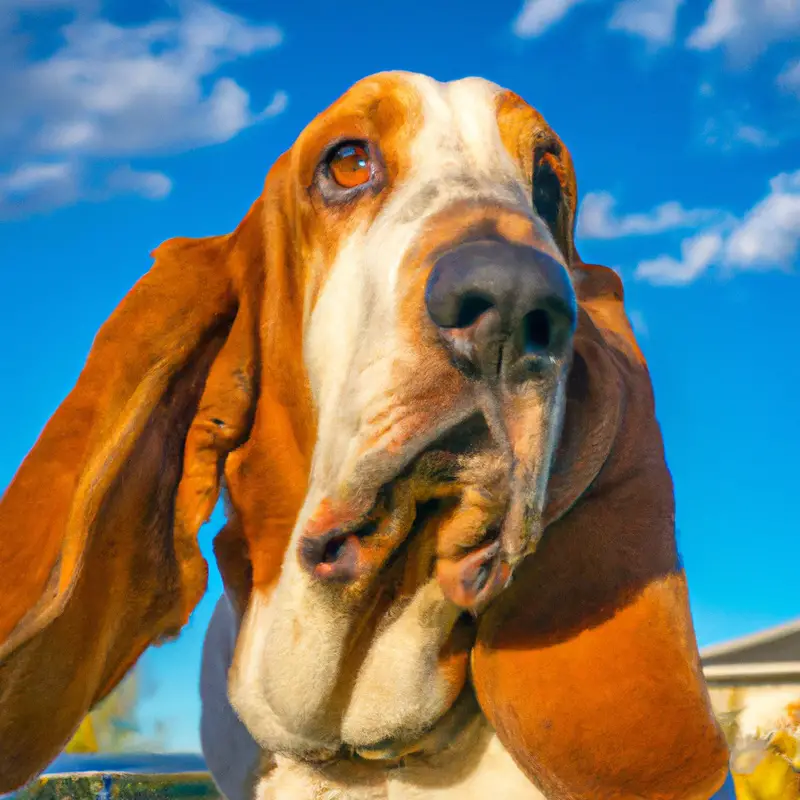
Common causes of toy aggression
Toy aggression in dogs can be caused by a variety of factors.
Some common causes include possessiveness, resource guarding, fear or anxiety, and a lack of proper socialization.
Dogs may become aggressive when they feel threatened or when they perceive that their toys are being taken away.
Additionally, if a dog has had negative experiences related to toys in the past, it can contribute to toy aggression.
It’s important to remember that each dog is unique, and the reasons for toy aggression can vary from individual to individual.
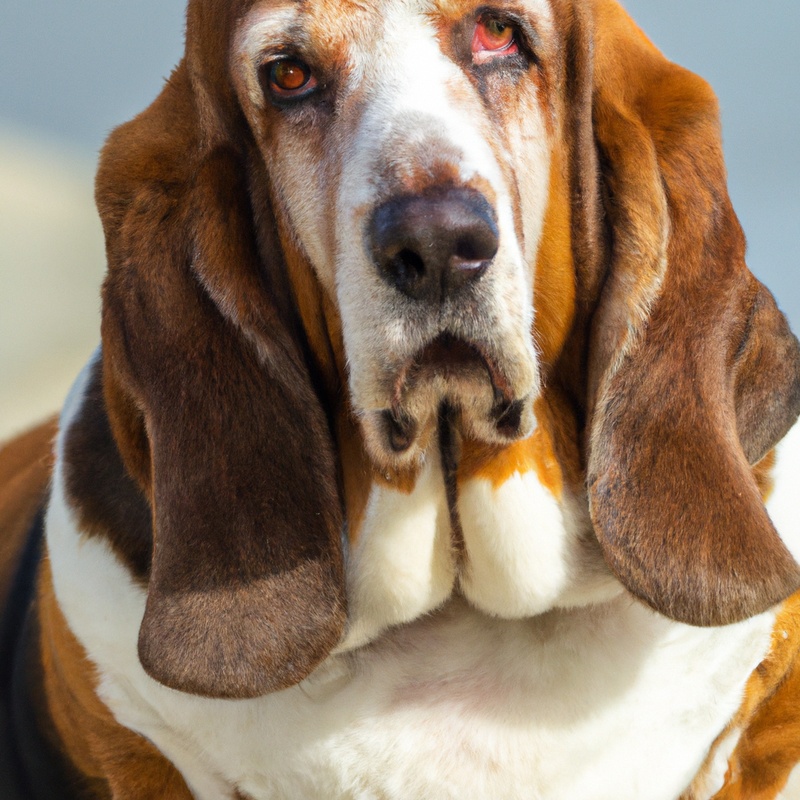
Understanding the Basset Hound breed
Overview of Basset Hound characteristics
Basset Hounds are a unique breed known for their distinct appearance and lovable personalities.
These dogs have long, droopy ears, wrinkled skin, and short legs.
They are medium to large in size and have a strong, muscular build.
Basset Hounds are famous for their excellent sense of smell and are often used as tracking and hunting dogs.
They have a friendly and gentle nature, making them great family pets.
Basset Hounds are generally calm and laid-back, but they can be stubborn at times.
They require regular exercise to prevent weight gain and maintain their overall health.
Typical behaviors of Basset Hounds
Basset Hounds are known for their laid-back and gentle nature. They are generally friendly and sociable dogs, both with humans and other animals.
These dogs love to be around their family and are often described as loyal and affectionate.
Bassets have a strong sense of smell and are prone to following scents, so it’s important to keep them on a leash or in a secure area when outdoors. They can be quite stubborn at times, which may require patience and consistent training.
Additionally, Basset Hounds love to sleep and can be prone to laziness, so regular exercise is important to keep them healthy and fit.
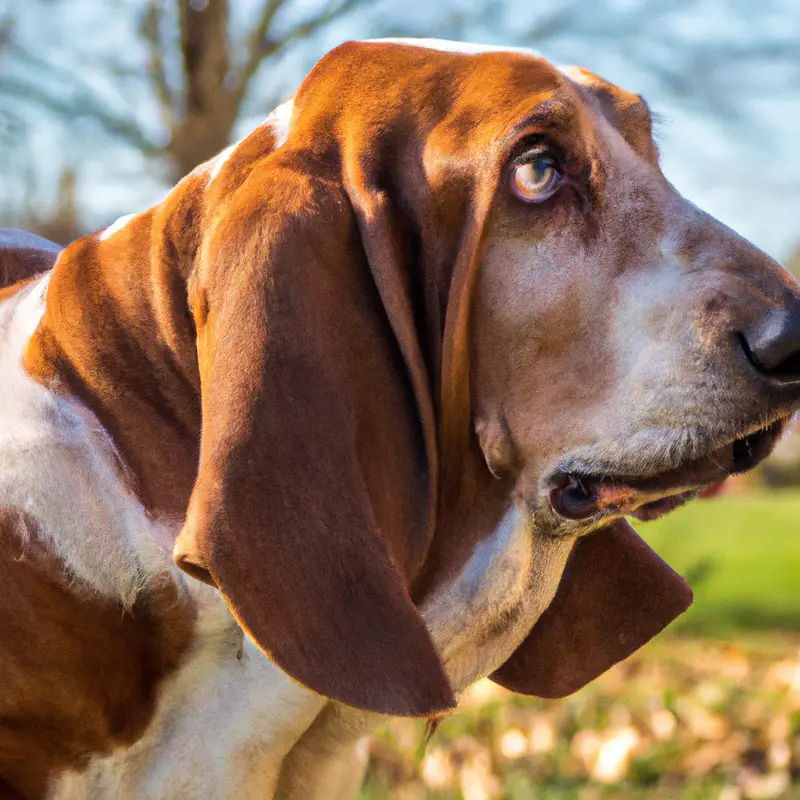
Are Basset Hounds prone to toy aggression?
Prevalence of toy aggression in Basset Hounds
Toy aggression is relatively common in Basset Hounds.
Many individuals of this breed may exhibit possessive or protective behavior over their toys.
It’s important to note that not all Basset Hounds will display toy aggression, but it is something to be aware of if you’re considering getting one as a pet.
If you already have a Basset Hound and are experiencing toy aggression, don’t worry – with proper training and management, you can help address and reduce this behavior.
Factors that may contribute to toy aggression in Basset Hounds
Factors that may contribute to toy aggression in Basset Hounds can vary.
Here are a few potential causes to consider:
- Resource guarding: Basset Hounds may become possessive of their toys if they perceive them as valuable resources and feel the need to protect them.
- Lack of socialization: Insufficient exposure to different toys and experiences during a Basset Hound’s early development stages may lead to toy aggression later on.
- Past negative experiences: Negative encounters or traumatic events associated with toys can trigger aggressive behaviors in Basset Hounds.
- Lack of training and boundaries: Without proper training and clear boundaries, Basset Hounds may not understand appropriate toy-related behaviors, leading to aggression.
- Genetics: Certain genetic factors may contribute to toy aggression tendencies in Basset Hounds, although it is important to remember that not all Basset Hounds will exhibit this behavior.
Remember, every dog is an individual, and the presence of these factors does not guarantee toy aggression in Basset Hounds.
Signs of toy aggression in Basset Hounds
Observable behaviors indicating toy aggression
Observable behaviors indicating toy aggression in Basset Hounds may include growling, snarling, and snapping at the toy when approached by humans or other animals. The dog may also become possessive and unwilling to share the toy, displaying resource guarding behaviors.
Other signs of toy aggression can include stiff body posture, raised hackles, intense focus on the toy, and displaying defensive or aggressive behaviors if someone tries to take the toy away.
It’s important to note that these behaviors may vary in intensity and individual dogs may exhibit different signs.
Potential triggers for toy aggression in Basset Hounds
Potential triggers for toy aggression in Basset Hounds can vary from dog to dog.
Some common triggers include possessiveness over toys, resource guarding, lack of appropriate socialization, and previous negative experiences with toys.
Additionally, certain breeds may have a higher prey drive, which can contribute to toy aggression.
It’s important to understand these triggers and address them through proper training and socialization to prevent or manage toy aggression in Basset Hounds.
Managing and preventing toy aggression in Basset Hounds
Tips for handling toy aggression in Basset Hounds
When it comes to handling toy aggression in Basset Hounds, there are a few tips that can help.
Firstly, always supervise your dog when they are playing with toys to prevent any aggressive behavior from escalating.
Secondly, establish clear boundaries and rules around toy play, such as teaching your dog to drop or leave a toy upon command.
Thirdly, provide plenty of mental and physical exercise for your Basset Hound to prevent pent-up energy that may contribute to aggression.
Remember to consult a professional trainer or behaviorist for more specific guidance tailored to your dog’s needs.
Training techniques to prevent or reduce toy aggression
To prevent or reduce toy aggression in Basset Hounds, there are several effective training techniques you can try.
- Teach the “Drop It” command: Train your Basset Hound to release toys on command. Start by offering a treat in exchange for the toy, gradually fading out the treat over time.
- Rotate toys: Offer a variety of toys and rotate them regularly to keep your Basset Hound engaged and prevent possessive behavior.
- Positive reinforcement: Reward your Basset Hound for calm and non-aggressive behavior around toys. Use treats, praise, and playtime as rewards.
- Controlled exposure: Gradually expose your Basset Hound to situations where they would normally exhibit toy aggression, such as during playtime with other dogs. Monitor their behavior closely and intervene if needed.
- Consult a professional trainer: If your Basset Hound’s toy aggression persists or escalates, consider seeking guidance from a professional trainer or behaviorist who can provide tailored strategies and support.
Remember, consistency, patience, and positive reinforcement are key when training your Basset Hound to prevent or reduce toy aggression.
Seeking professional help for toy aggression in Basset Hounds
Identifying when to consult a professional trainer or behaviorist
Consulting a professional trainer or behaviorist is recommended in certain situations when dealing with toy aggression in Basset Hounds. It’s important to reach out to a professional if the aggression is severe or escalating, if you are unsure how to safely handle the behavior, or if your attempts at managing the aggression have been unsuccessful.
Additionally, if the toy aggression is accompanied by other problematic behaviors or if it poses a risk to the safety of your household members or other pets, seeking professional help is advised.
A professional can provide you with personalized guidance, behavior modification techniques, and a thorough assessment of the situation.
Modalities used by professionals to address toy aggression
Professionals have several effective modalities to address toy aggression in dogs like Basset Hounds. One common approach is behavior modification, where professionals work with the dog to change their response to toys through positive reinforcement and desensitization.
They may also implement training techniques that focus on impulse control and teaching the dog appropriate ways to interact with toys.
Another modality is environmental management, where professionals help create a safe and structured environment for the dog, limiting access to toys or using interactive puzzle toys to redirect their focus. Consultation with a professional trainer or behaviorist is crucial to determine the most suitable modality for addressing toy aggression in Basset Hounds.
Final Verdict
Basset Hounds can indeed be prone to toy aggression, although it is not a universal trait among all individuals of the breed. Understanding the characteristics and behaviors specific to Basset Hounds can help owners recognize the signs of toy aggression and take appropriate measures to address it.
Managing and preventing toy aggression in Basset Hounds involves training techniques and creating a positive and structured environment.
It is important to seek professional help if the aggression becomes unmanageable or poses a risk to the dog or others. By being proactive and informed, owners can effectively address toy aggression in Basset Hounds and maintain a harmonious relationship with their canine companions.

